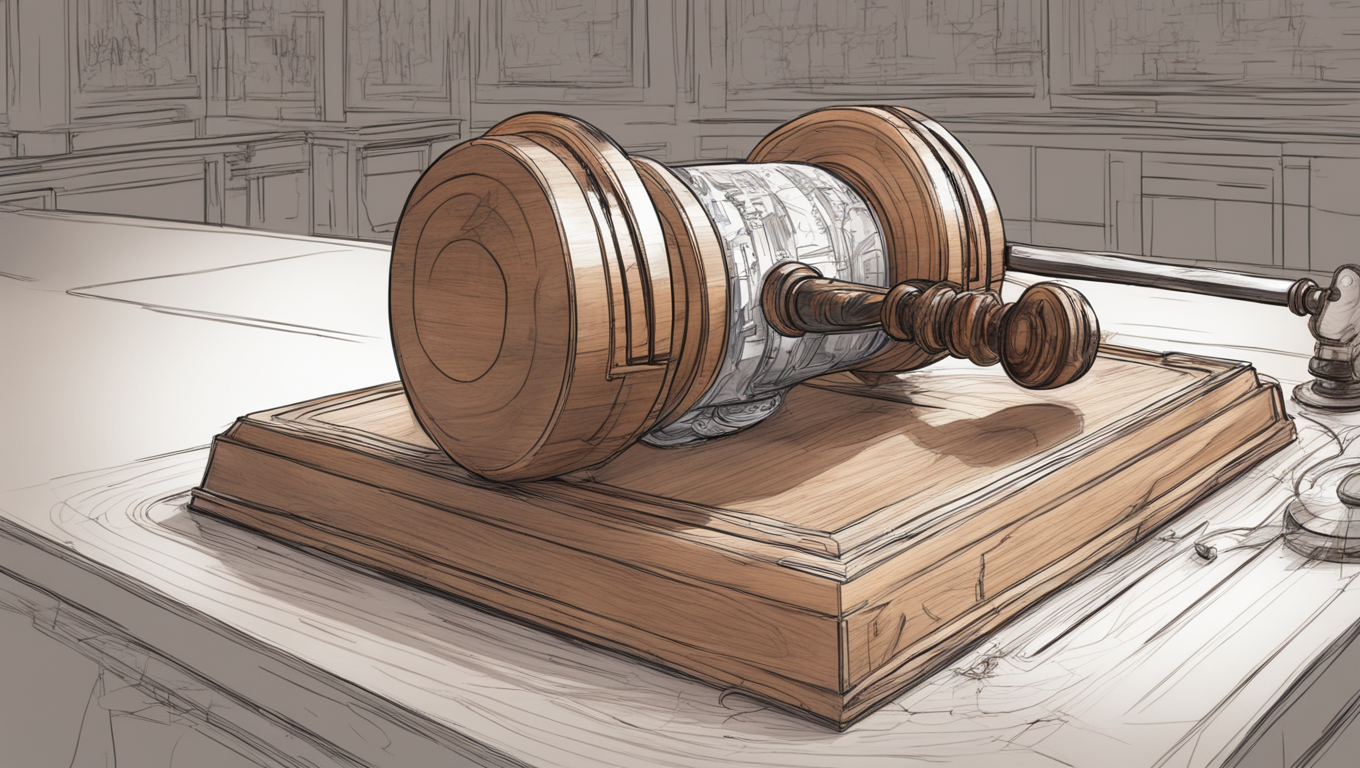A court of appeal judge in the UK has lauded the ChatGPT chatbot, powered by artificial intelligence (AI), as “jolly useful” after using it to provide a summary of an area of law. Lord Justice Birss, a specialist in intellectual property law, shared his positive experience with the AI tool at a conference hosted by the Law Society. He praised the potential of generative large language models like ChatGPT, particularly their ability to summarize information. “I have used it,” he stated, emphasizing that he takes full responsibility for his judgments.
Lord Justice Birss’s usage of ChatGPT marks the first known instance of a British judge relying on the chatbot to draft part of a judgment. This development follows similar examples from other jurisdictions. In Colombia, a judge relied on ChatGPT to determine whether an autistic child’s insurance should cover the costs of medical treatment. The judge in Cartagena, Juan Manuel Padilla, found the AI tool’s response to align with his final decision. In New York, however, two lawyers faced consequences after using ChatGPT to generate fictitious case citations for a personal injury lawsuit against airline Avianca. The district judge in Manhattan, Peter Kevin Castel, deemed their actions as misleading and imposed fines.
While Lord Justice Birss sees the value of AI tools like ChatGPT for legal professionals, there are concerns about their use. In June, Sir Geoffrey Vos, the master of the rolls and head of civil justice in the UK, highlighted the need for legal regulators and courts to establish control mechanisms for lawyers utilizing AI systems like ChatGPT. Rosie Burbidge, an intellectual property partner at Gunnercooke LLP, echoes this sentiment, noting that lawyers must be mindful of the risks associated with AI, such as sharing confidential information or waiving privilege.
The increasing adoption of AI tools in the legal profession raises important questions about their implications for the practice of law and the responsibilities of legal professionals. As the technology continues to develop and become more sophisticated, it is crucial to strike the right balance between leveraging its benefits and addressing the potential risks.





Use the share button below if you liked it.